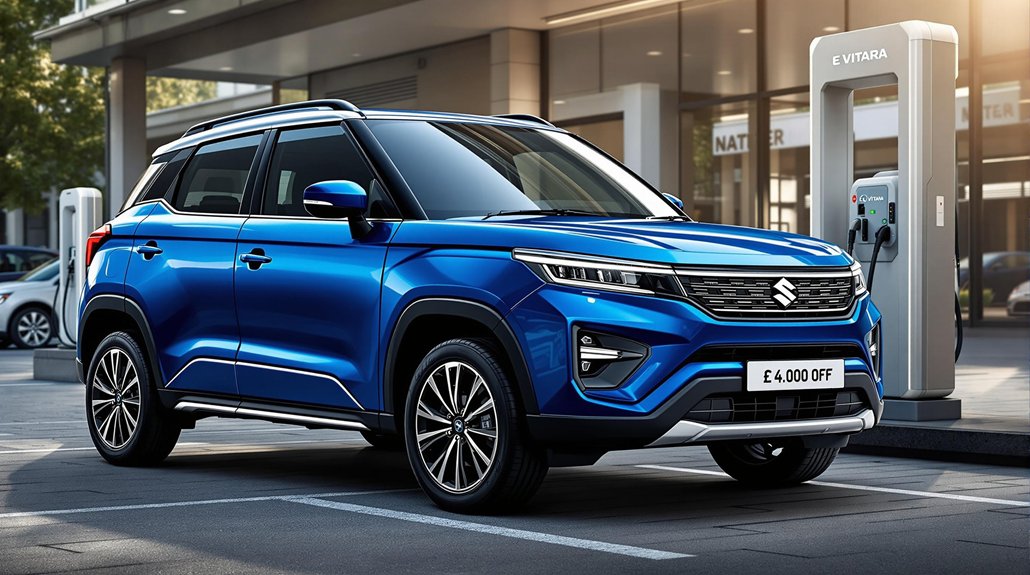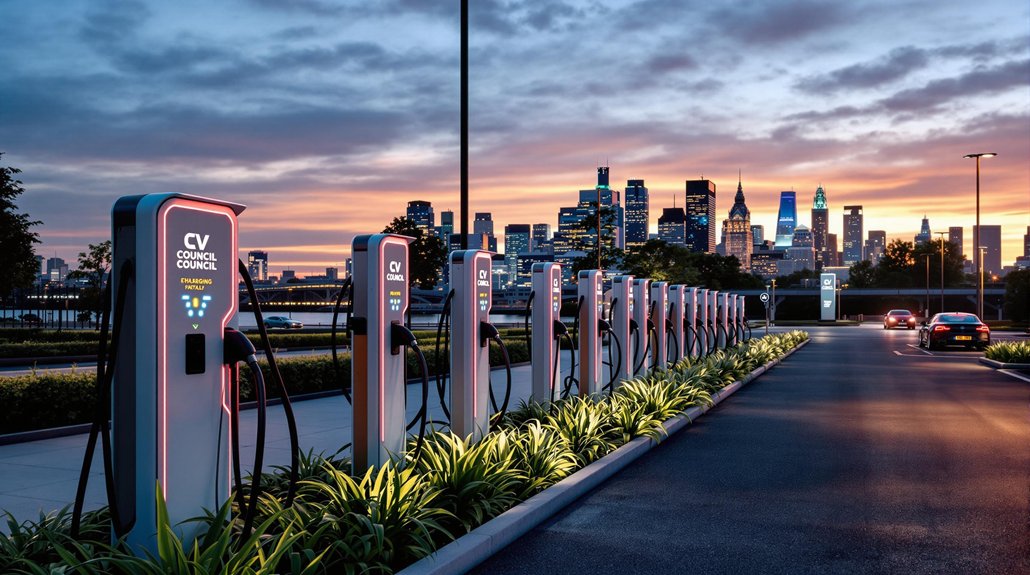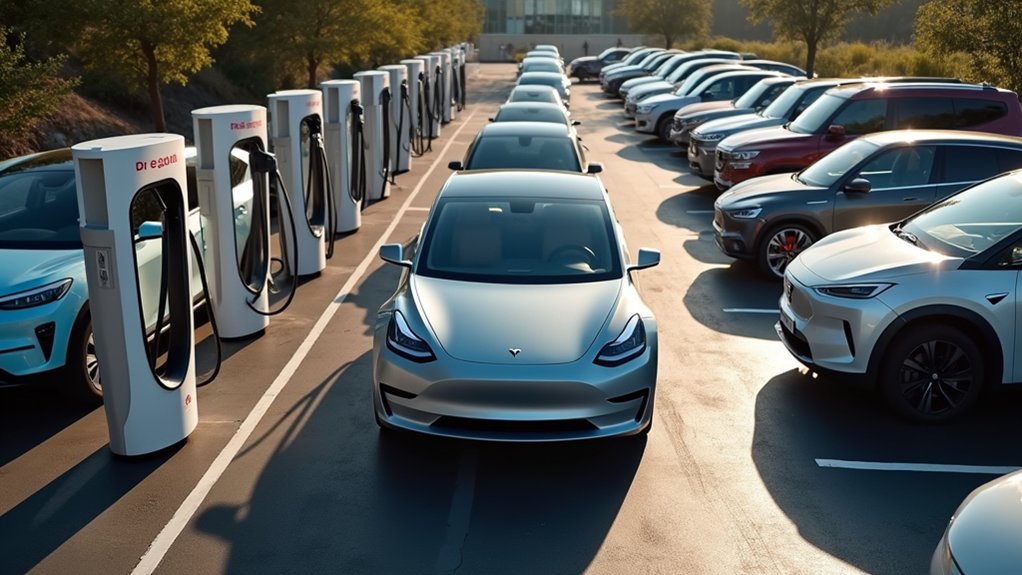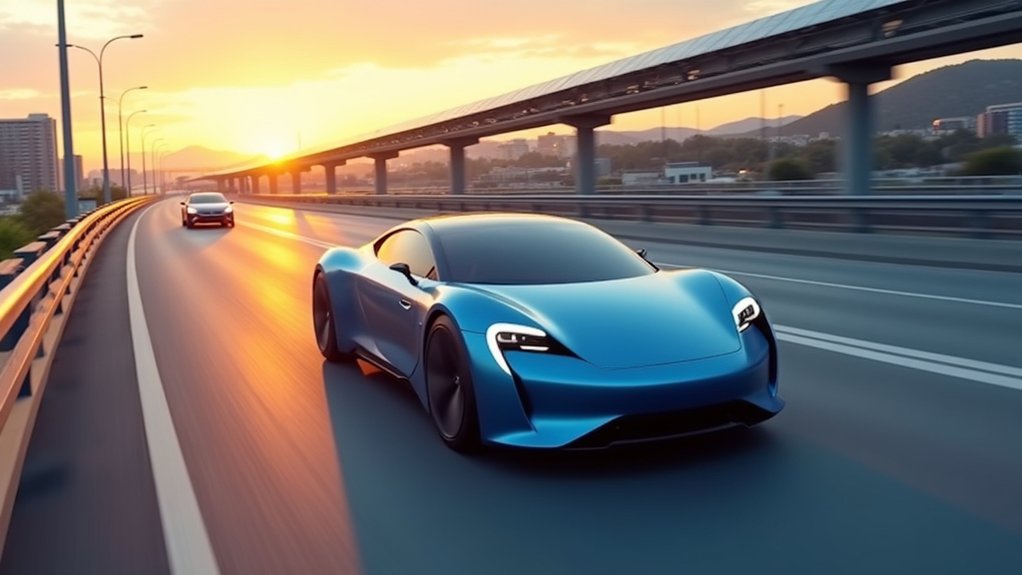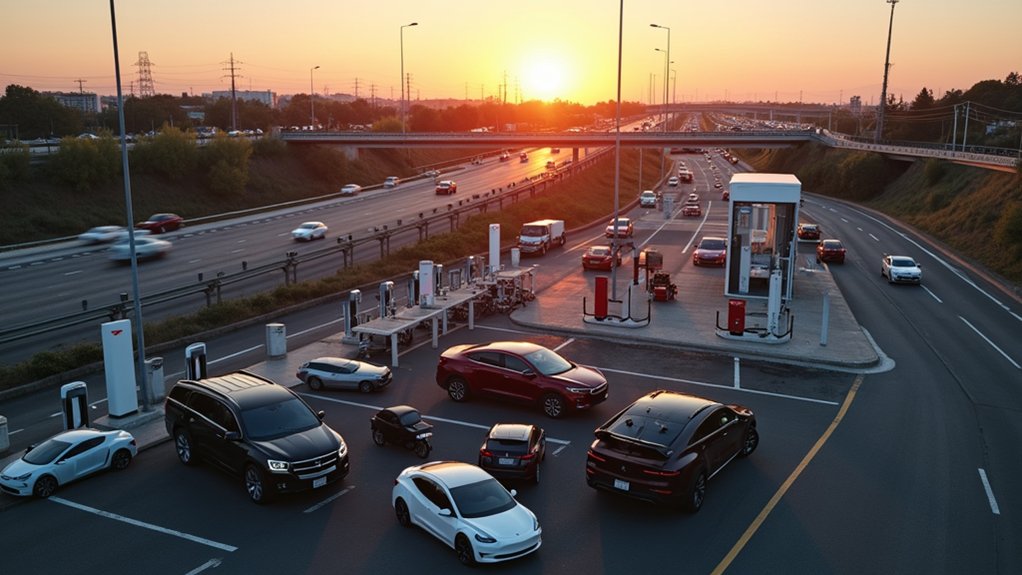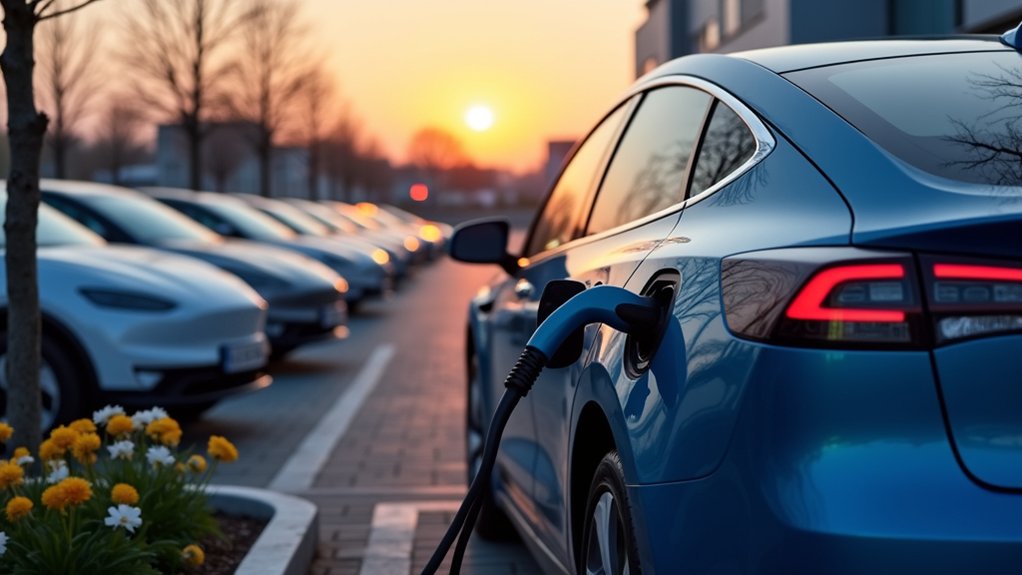While grappling with production challenges, Maruti Suzuki has slashed the price of its E-Vitara electric SUV by a substantial £4,000 in the UK market. The model now retails between £29,999 and £37,799, positioning it strategically among the most affordable EV SUVs in its category. This aggressive pricing maneuver directly targets competitors like MG, Tata, and Hyundai in both UK and Indian markets.
The price adjustment coincides with significant production revisions. Maruti has cut its H1 FY2026 target by a staggering 69%, from 26,512 down to just 8,200 units. The company cites rare earth material shortages from China as the primary culprit. The shortage of rare earth magnets has severely impacted the production timeline for the e-Vitara. I’ve seen similar supply constraints affect other manufacturers, though few have responded with such dramatic production schedule alterations.
These reductions will inevitably extend waiting periods for prospective buyers, with UK and Japanese exports taking priority over domestic Indian deliveries. The company’s shares dipped 1.3% following the announcement, despite otherwise robust financial performance from their conventional fuel models.
Production cutbacks stretch delivery timelines as Maruti prioritizes overseas markets, despite strong performance in traditional vehicle sales.
The E-Vitara’s technical specifications remain impressive—offering up to 500 km range, 49-61 kWh battery options, and power outputs between 142-172 bhp. These capabilities, combined with the reduced price point, create a compelling value proposition in the urban family EV segment. This approach contrasts with achievements like the Chevy Silverado EV’s recent record-breaking range of over 1,000 miles on a single charge, showing different priorities in the EV market. The carbon footprint concerns are also addressed as EVs typically achieve their carbon break-even point after approximately 19,500 miles of driving compared to conventional vehicles.
Production is expected to accelerate from October 2025, potentially reaching 440 vehicles daily at peak capacity. The phased global rollout prioritizes UK and European markets first, followed by Japan and eventually India during the 2025 festive season.
Maruti’s dependency on rare earth magnets leaves it vulnerable to Chinese export restrictions, a situation complicated by pending import licenses for Indian automakers. The price reduction appears partly designed to offset consumer frustration over the anticipated delays.
This strategic repositioning intensifies price pressure on rivals and could trigger sector-wide markdowns. Despite the supply chain hurdles, Maruti remains confident in its ability to meet pent-up demand in the second fiscal half when production fully ramps up.
